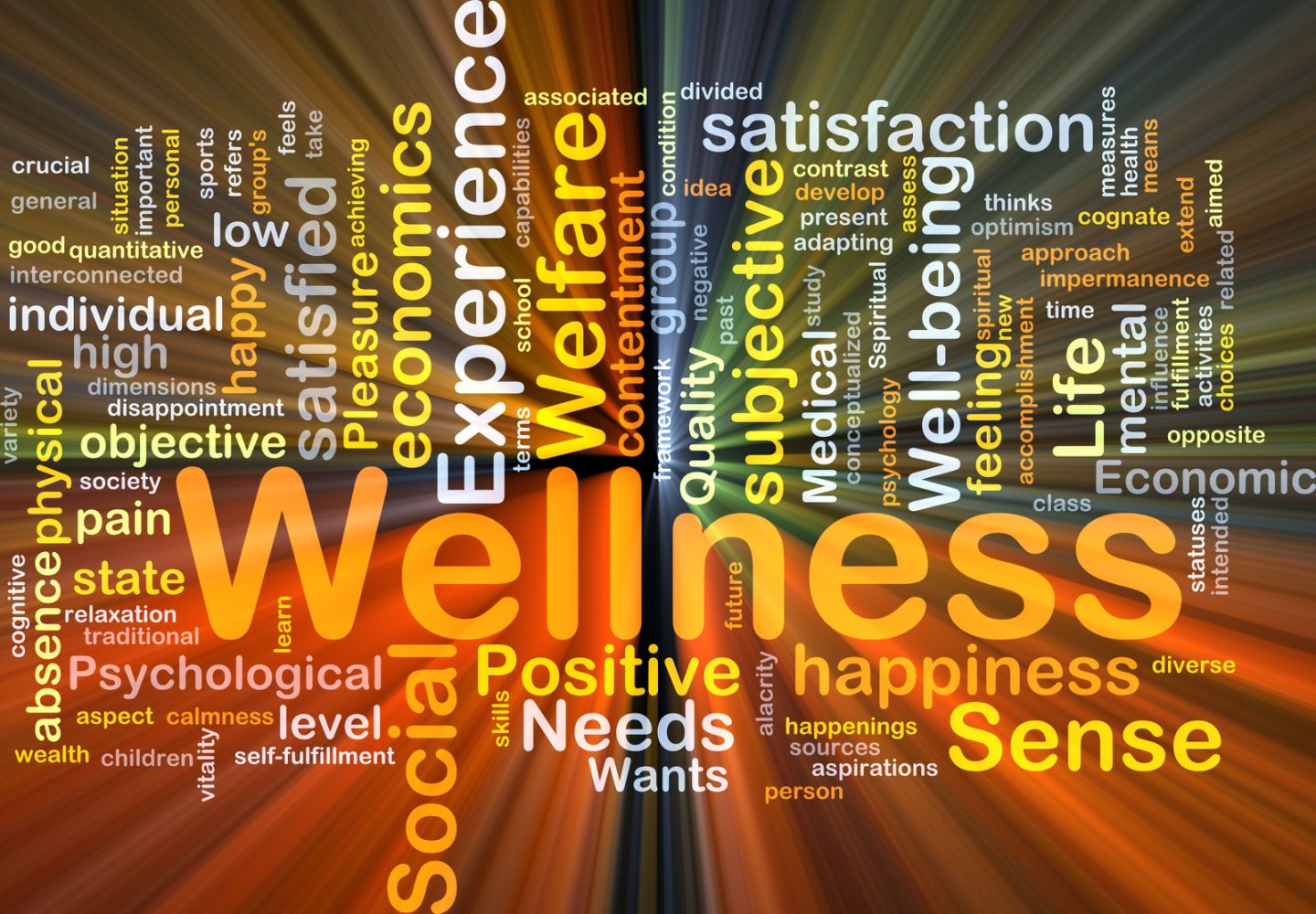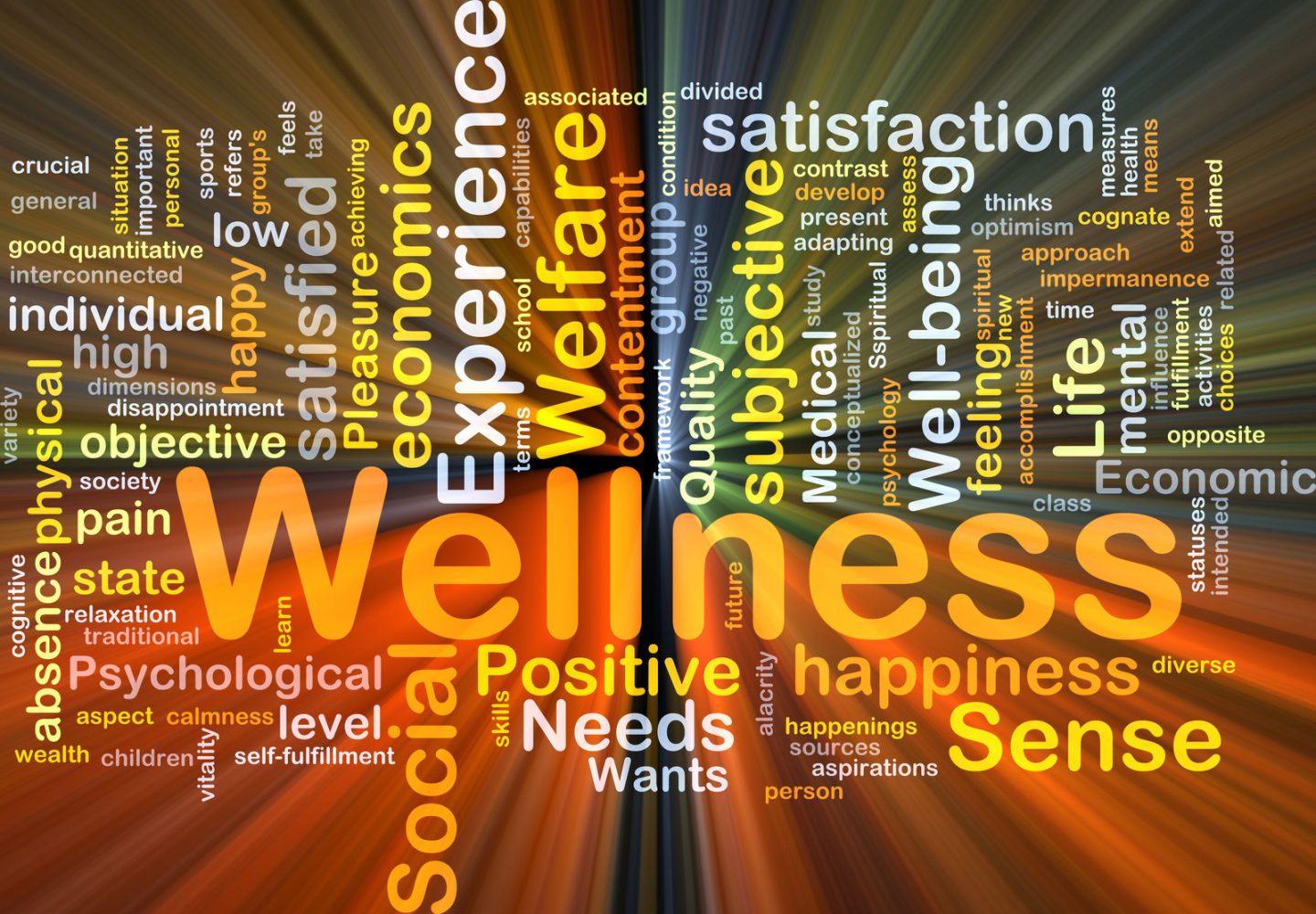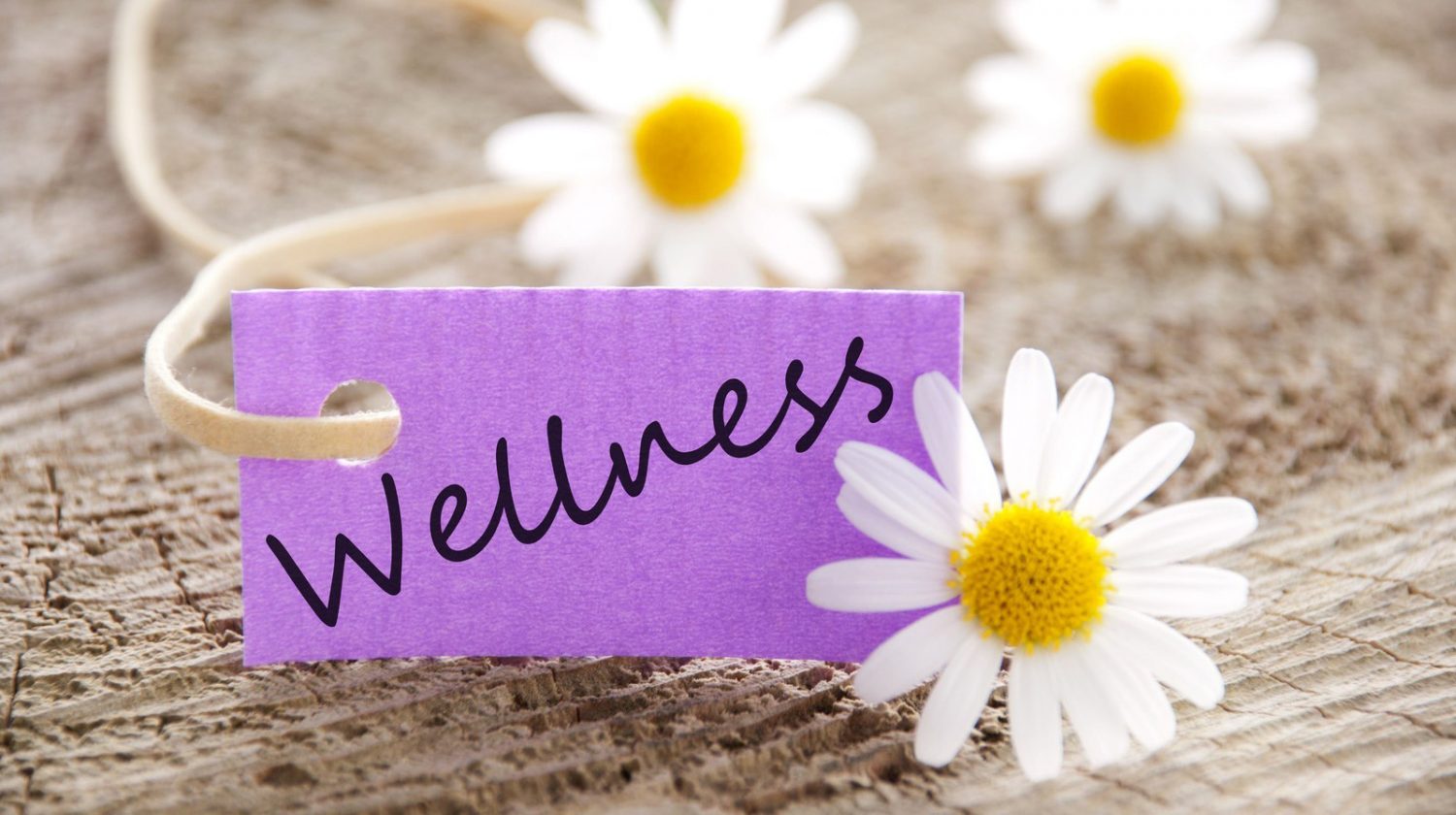Coping with grief during the holidays and beyond

By Jennifer LaPorte, MST
Hospice Bereavement Coordinator and Chaplain Dr. Kate Hospice, Arbor Vitae
The Holidays can be a time of reverence, revelry and reflection. The end of the year is marked by a celebration of faith, a change of seasons, and familiar rituals designed to bring friends and families together. However, the expectations of oneself and others can run high at this time of year, particularly if it is your first holiday season after a loved one’s death. You might feel like that last thing you want to do is celebrate. Or you might feel that the comfortable rituals of the holidays bring you comfort.
Whatever your experience, it is important to acknowledge how you are thinking and feeling during this time so that you can employ some coping strategies that are unique to you, to your lifestyle, and to your relationship with the person who has died.
First, let’s give some definitions that might help shape how we look at our experience of loss; we will then explore ways to take care of ourselves and cope with the stresses that the holiday season might bring.
Grief: This can be defined as the personal, internal experience of loss. C.S. Lewis once said, “I never knew grief felt so much like fear.” Grief encompasses all of the thinking, feeling, behavioral, and physical experiences a person has when they have experienced someone’s death. One may also, in the time leading up to the death, experience “anticipatory grief,” knowing that that person will die soon and manifesting behaviors that might echo the most common framework of grief, Kubler- Ross’ “Five Stages” – denial, anger, bargaining, depression and acceptance. Although theories about the grief experience have evolved over the years, the “five stages” might describe the myriad of feelings one might possibly experience during any life transition or loss.
Mourning: This can be defined as the outward manifestation of one’s inward experience of grief. It is the “public face” that one displays when a loved one has died. Our society’s mourning rituals might include writing an obituary; having a funeral; and creating memorials (photo displays, roadside memorials for those who may have died in an accident, ceremonial “balloon launches,” etc.) During the holiday season, we already have so many rituals to follow that it can be difficult to know how much or how little to “celebrate” the deceased love one and how to incorporate him or her into existing holiday rituals. So much of our “time telling” is based on things like the familiar rituals of the holidays (baking cookies, putting up a tree and decorations, gift exchanges, family/church gatherings) that , when one is grieving, it can be difficult to muster the emotional and physical energy to “put on a happy face.”
Bereavement: The basic definition of bereavement is to “have something pulled away from you,” and that is indeed how one might feel when someone they love dearly is no longer with them. A part of you is missing, and you may experience searching, longing, and other “magical thinking” behaviors. This is a normal part of the grieving process: if you have loved, you will naturally feel bereft if you have lost. Everyone grieves differently – some may cry a lot, some may throw themselves into a cause dear to their loved one’s heart – but as long as one isn’t doing harm to oneself or to others, there is no one “right” way to grieve. We often find that a person tends to “grieve how they live,” so if the bereaved person is emotional and artistic, for example, they may be very expressive in their grief. If the bereaved person is more analytical and “left brained,” they may find solace in the “doing” – planning the funeral, writing the obituary, etc. Both are acceptable and healthy forms of mourning.
It is important to remember that grief is not just an emotional experience. When one is grieving, their thought processes/decision-making abilities may change; their behaviors toward others may be compromised; and they may experience physical reactions like lack of appetite or sleep problems. All of these are natural reactions to loss; grief is a full body-mind-spirit experience.
Lastly, the holidays can be difficult so some quick tips to help cope with grief during the holiday season:
Take it easy on yourself: You may not want to decorate as much, shop as much, or write out cards. You have permission to skip certain things this year.
Take care of your physical self: This may be a time to overindulge and not get enough sleep. Try to remember to take extra care to exercise, drink enough water, and eat healthy foods as well as the treats.
Have a “buddy system” for gatherings and parties and know that you may not feel “up to” public appearances. This is normal – grief can be exhausting – but make sure to have an “exit strategy” for those moments when you may need to leave early.
Find a way to honor the loved one who has died, even if it is a simple gathering of hands or lighting of a candle; you may not be ready to adjust to the holidays – much less life in general – without your loved one, but a simple gesture like this will give you peace and comfort as you look to navigating the year ahead.
Leave a reply
You must be logged in to post a comment.


